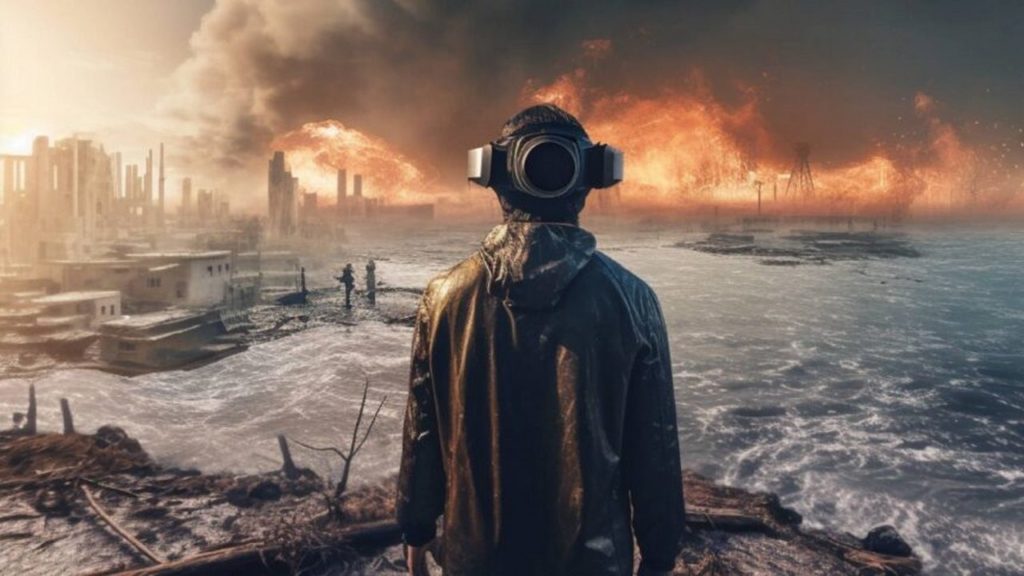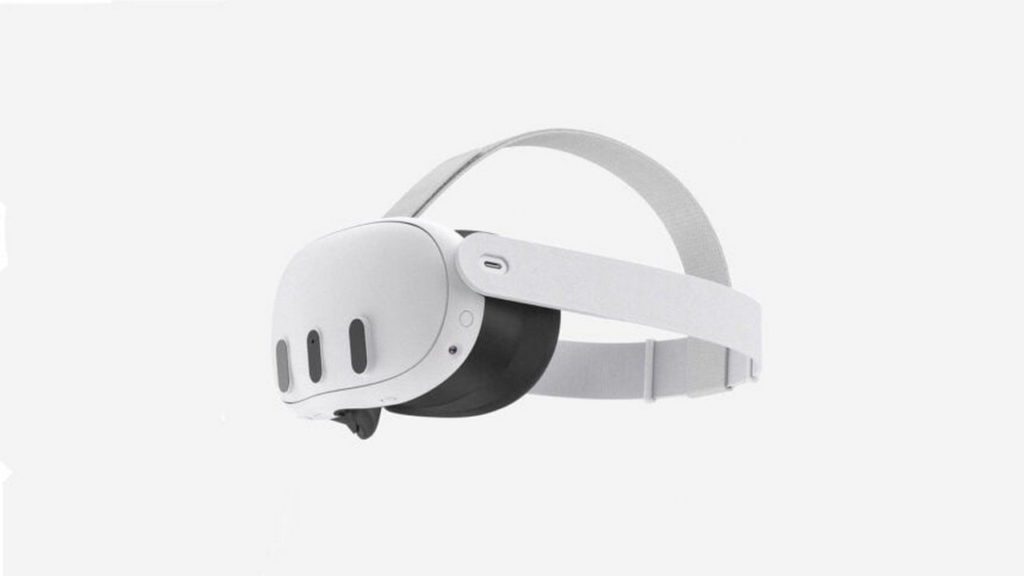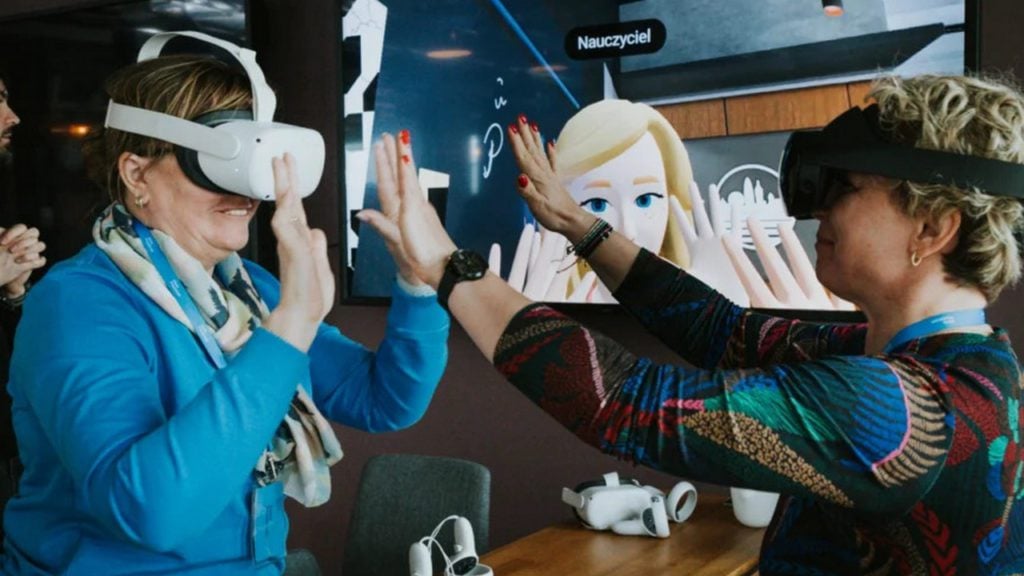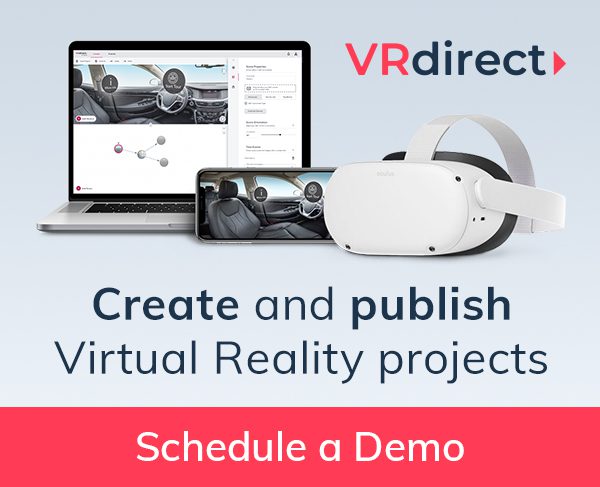VR competition on climate protection

New technologies and innovations are needed to raise public awareness about climate change. That is why the organizers of the Augmented World Expo have launched the XR Prize Challenge: Fight Climate Change. Their goal: to use augmented and virtual reality to visualize and communicate the causes and consequences of climate change, as well as possible solutions. The prize: $100,000.
Eleven teams were selected from 150 applicants. Their projects fall into four categories: Replacing Wasteful Material Practices, Visualizing the Causes and Impacts of Climate Change, Educating on Climate Change Solutions, and Optimizing the Design and Implementation of Climate Action.
Each project provides a unique experience. Two examples: The Sea is Coming! interactively shows how individual choices can save or destroy a coastal city, and Between Two Worlds projects virtual artwork of extinct animals into the real world.
There is also a scientific research initiative to restore deep-sea corals (The Immersion Project), an AR app to design future cities (inCitu), a game to separate waste in Singapore (Waste Warrior), and a journey to the Arctic (Qikiqtaruk).
Read more about the challenge and projects here: XR Prize Challenge: Fight Climate Change
Meta Quest 3: New VR glasses become affordable

Mark Zuckerberg has confirmed several times that a “next-generation Quest headset” will be released in 2023. This will most likely be the Quest 3.
About the new VR glasses, Zuckerberg wrote: “We launched Quest 2 almost three years ago at this point. It was a very big step forward for VR, and I’m really excited to show the world all the improvements and new technology we’ve developed since then at a price point that will be accessible for lots of people.”
The Meta CEO mentioned a price range of $300 to $500. A leaked presentation from the company talks about a little over $400. This would make the VR glasses affordable for many people.
Equipped with better technology and possibly AI features, Quest 3 should be an excellent vehicle for Meta to reach new VR milestones.
According to Zuckerberg, there are already some. More than a billion Quest avatars have been created, the number of Quest apps with at least $25 million in revenue has more than doubled since 2022, and more than half of daily active Quest users spend more than an hour on their device.
Read more about Meta’s upcoming VR headset here: Meta Quest 3: Price will be “affordable for many people”
Teachers learn how to use AR and VR in the classroom

In Poland, Meta, VR studio VR Heroes, and the National Research Institute (NASK) are joining forces to shape the future of education. The initiative offers free workshops to teach teachers how to use AR and VR in their classrooms.
Using Meta Quest 2 glasses and special educational apps, workshop leaders will teach participants how to use the technologies correctly. Teachers will also learn how to use them to support the development of their students’ creative skills and digital literacy.
As Jakub Turowski, Public Policy Director for Central and Eastern Europe at Meta, points out, “VR opens up entirely new possibilities for learning. It is no longer necessary to tell students what life was like in ancient Rome; it can be shown to them in an immersive way. Even a trip to the Louvre or the Arctic Circle is easily possible.
In addition, learning in VR improves concentration and helps students retain and recall information. For more reasons to use VR as a teaching tool, download our free white paper: VR in Education.
Read more about the VR training program for teachers in Poland: Introducing AR and VR as educational tools for teachers in Poland





